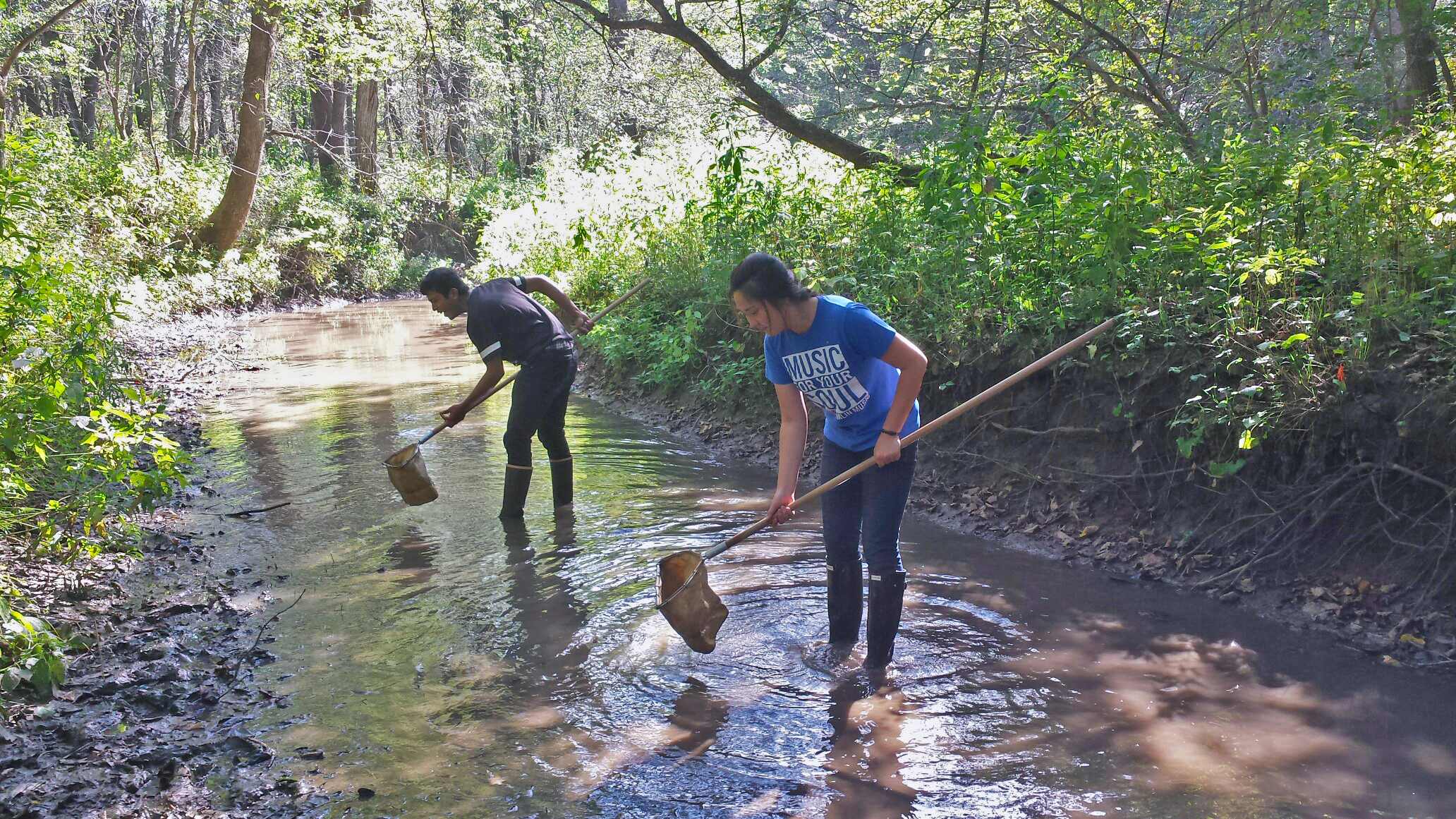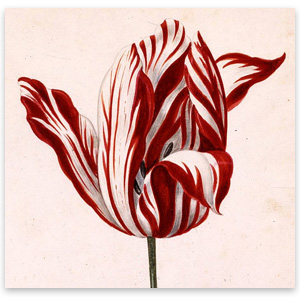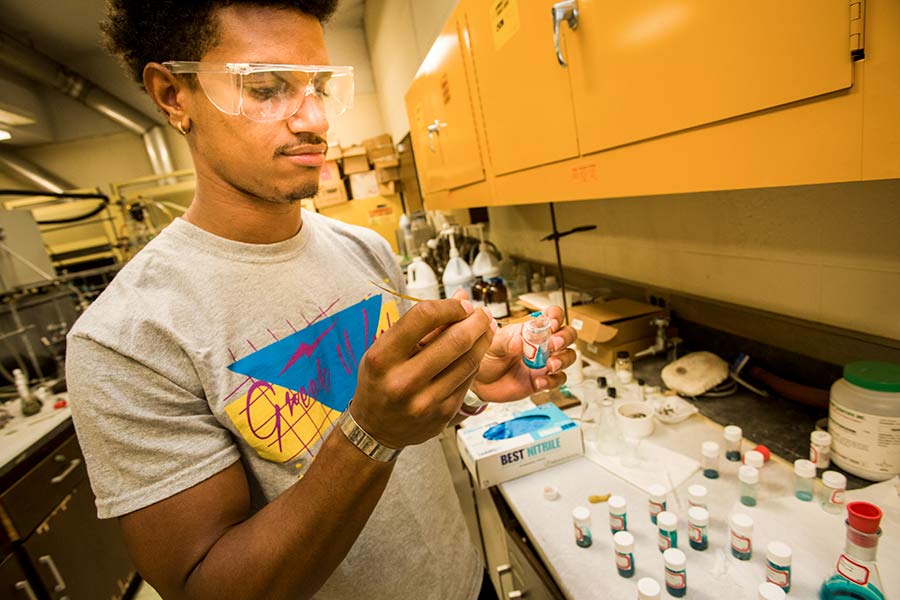- Teacher: Nicholas Gidmark
- Teacher: Mark Slabodnick
- Teacher: Jennifer Templeton
Ecology is the scientific study of the interactions that determine the distribution and abundance of organisms. During this course we will gain an understanding of many kinds of interactions, both biotic and abiotic, that regulate ecological population size and community structure. Ecological communities are exceedingly complex and we will also try to understand what makes those communities so complex. We will emphasize the importance of place and past history as factors that influence current ecology.

- Teacher: Stuart Allison

